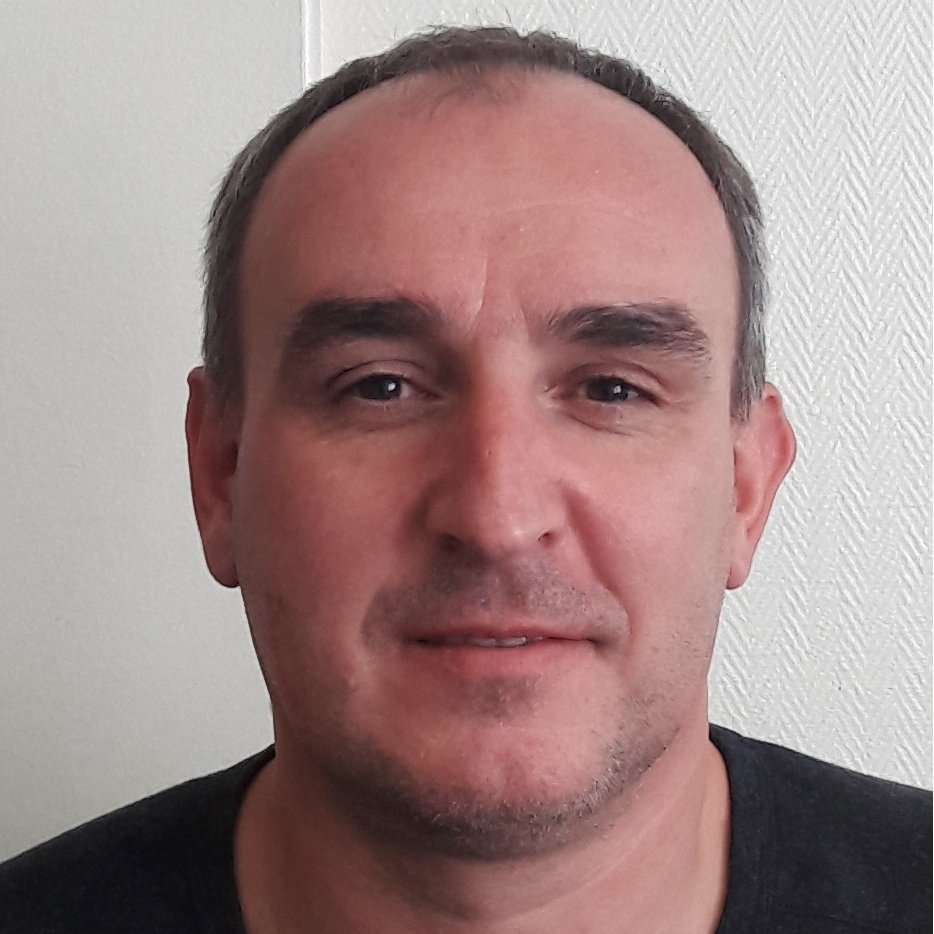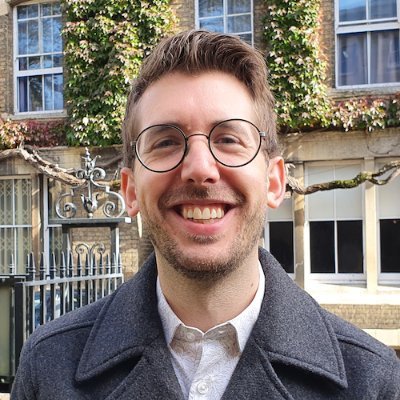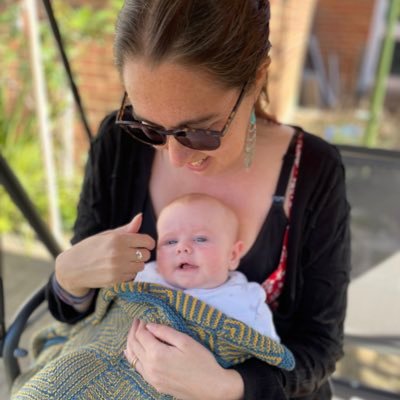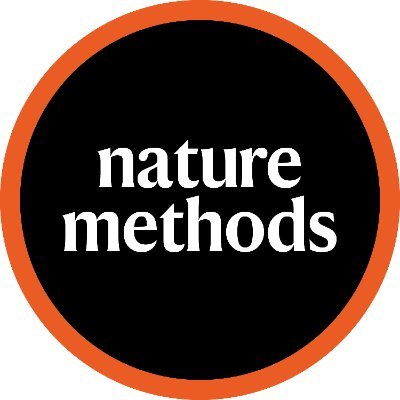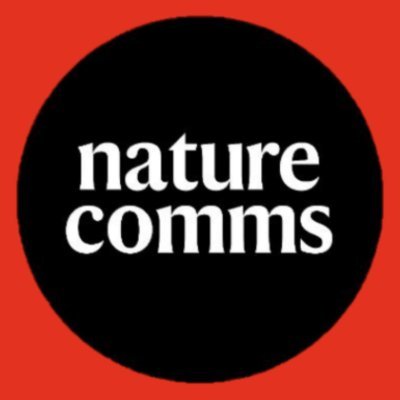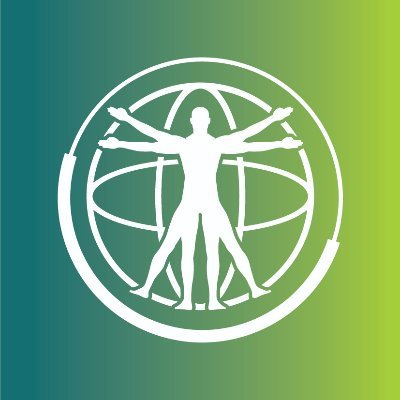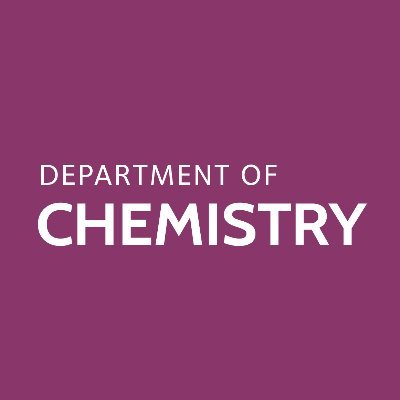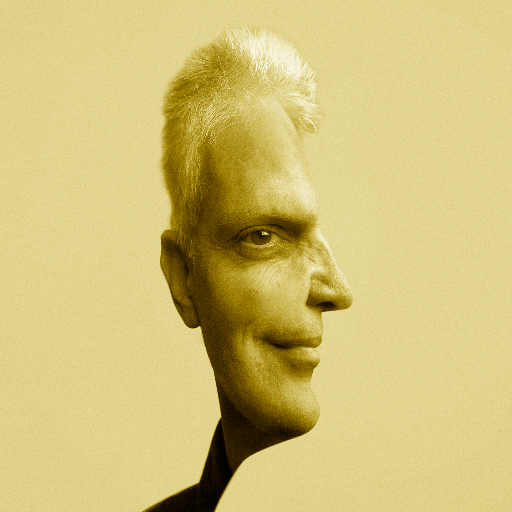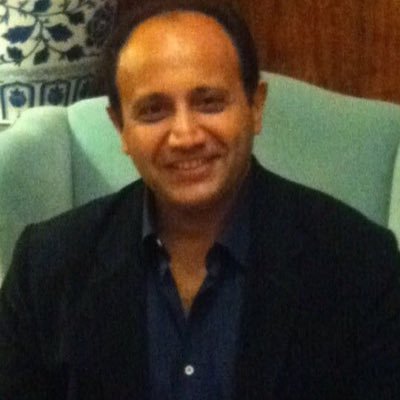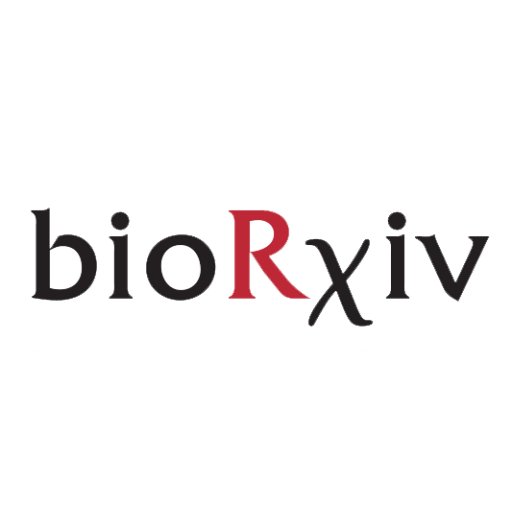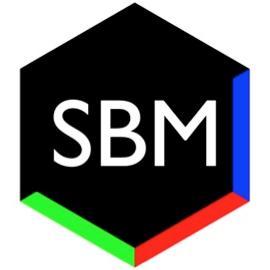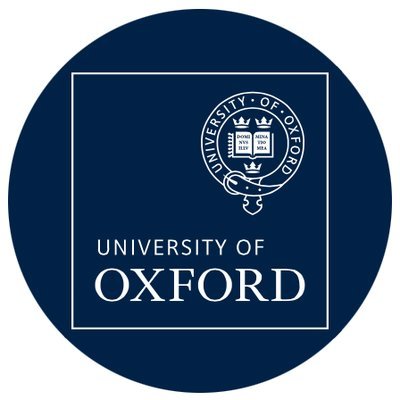
Hagan Bayley group
@bayley_lab
Followers
2K
Following
480
Media
15
Statuses
488
Chemistry | University of Oxford | United Kingdom
Joined January 2013
Safety first !!! So here is a simple question tweeps. Which solvent could have caused such injury after poking one's finger with a syringe and injecting 1-2 drops of solvent. 15 minutes and 2 hrs pictures
130
2K
2K
I will have a few PhD adverts coming out for the next academic year 👀 Here is the first one, to develop controllable nucleic delivery agents, joint with @CallyHaynes 🧬🧫🤘 @UCLChemistry
Funded PhD project available on an exciting new project @UCLChemistry with me and @DrMikeBooth, working on controllable delivery agents for nucleic acid therapeutics! Informal inquiries welcome, home and overseas students are eligible to apply. RTs appreciated. More details: 👇
0
7
27
Research Highlight by Nina Vogt: The @bayley_lab has developed miniaturized power sources consisting of a few droplets that can generate enough power to modulate neuronal activity. Original paper: https://t.co/Yysu16pIKx Highlight:
nature.com
Nature - A study describes the development of a miniaturized hydrogel-based soft power source capable of modulating the activity of networks of neuronal cells without the need for metal electrodes.
0
3
8
🧠 A breakthrough by the Oxford Martin Programme on 3D Printing for Brain Repair! @UniofOxford researchers successfully 3D print neural cells that mimic the cerebral cortex, paving the way for tailored brain injury repairs. Published in @NatureComms ⬇️ https://t.co/dZHbOEfhPw
1
5
6
.@LinnaZhou1, the @bayley_lab and others use a droplet printing technique to fabricate a simplified human cerebral cortical column and demonstrate its functionality and potential for future personalized therapy of brain injuries #BiotechNatureComms
https://t.co/1EqH5cgLrd
nature.com
Nature Communications - Brain injuries can result in significant damage to the cerebral cortex, and restoring the cellular architecture of the tissue remains challenging. Here, the authors use a...
0
5
12
Our new paper on 3D printed cortical tissue for brain repair is published. Thanks all the authors, collaborators and Oxford Martin School for the funding. https://t.co/22OlENicn3
@oxmartinschool
@NatureComms @bayley_lab @ZoltanMolnar64 @francis_szele @OxfordChemistry @OxfordDPAG
0
7
21
Miniature bio-integrated #robots that harness the power of ion gradients can soon be used to stimulate cells and deliver targeted therapies! #BioTech #Innovation @bayley_lab
nature.com
Nature - A study describes the development of a miniaturized hydrogel-based soft power source capable of modulating the activity of networks of neuronal cells without the need for metal electrodes.
0
5
10
Tiny soft droplet battery that modulates neural tissue activities. Proud of our team to publish this work in Nature, @bayley_lab @yogayzhang @OxfordChemistry @Nature
https://t.co/5zANHwMjZE
2
6
14
The Buchanan Medal 2023 is awarded to Professor Hagan Bayley FRS for helping pioneer the founding Oxford Nanopore Technology, the hugely successful biotech company. #RSMedals
https://t.co/ScIM0GW72f
1
6
56
Check out this incredible paper, developing a soft, microscale droplet-based power source able to activate neurons! Just published in @Nature from @bayley_lab @LinnaZhou1 @OxfordChemistry
nature.com
Nature - A study describes the development of a miniaturized hydrogel-based soft power source capable of modulating the activity of networks of neuronal cells without the need for metal electrodes.
1
9
32
🎉Congratulations to all of today's @royalsociety prize winners, including our very own Prof Hagan Bayley @bayley_lab
https://t.co/RTBYQy3gsS
chem.ox.ac.uk
Professor Hagan Bayley FRS has been awarded the Buchanan Medal in this year’s Royal Society prizes.
CONGRATULATIONS to the four @UniofOxford Royal Society Awards winners for their outstanding contributions to science and medicine. Including Prof Hagan Bailey, Prof Artur Ekert, Sir Antony Hoare & Prof Herman Waldmann. Read the full story here: https://t.co/uYr1dsEwoZ
1
6
26
The @bayley_lab uses EOF in nanopores to detect PTMs on full-length proteins: https://t.co/bCnJ8ZYJXZ
genomeweb.com
The work points toward an approach for identifying modified and variant proteins that could aid the study of the proteoform content of biological samples.
0
3
12
Glad to contribute to the new edition of “Encyclopedia of Astrobiology” with Hagan @bayley_lab @SpringerNature Check out our perspective on 3D printing of synthetic, hybrid and live tissues for space!
0
2
9
Big thanks to @nchembio for inviting us to write a Research Briefing about our new paper on light-activated communication between synthetic cells and living cells 🤗😍🧑🏫 A short digestible piece 😋🧑🍳 @JeffersonMSmith @synbioCDT @UCLChemistry
https://t.co/yCrUijV2Pt
2
9
43
Really excited about this work in collaboration with @bayley_lab We built a credible model for minimal residual disease in ovarian cancer. An important step towards MRD elimination. A surprisingly under investigated topic in solid tumours.
Checkout our new 3D model for #ovariancancer MRD! An exciting collaboration with @bayley_lab taking us a step closer to #longersurvival for women with this disease". https://t.co/t5OVSelOjt
0
6
16
Checkout our new 3D model for #ovariancancer MRD! An exciting collaboration with @bayley_lab taking us a step closer to #longersurvival for women with this disease". https://t.co/t5OVSelOjt
A 3D microtumour system that faithfully represents ovarian cancer minimal residual disease https://t.co/NurPanrgIa
#bioRxiv
0
2
6
Another paper co-authored by @DenisHartmann - great work from @DrMikeBooth's group 👏🥳
We engineered new synthetic and biological parts for synthetic cells 💪 for controllable communication with living bacteria 😍 orthogonal to previous studies 😎 Published in @nchembio Led by @JeffersonMSmith @DenisHartmann @UCLChemistry @SynBioCDT
https://t.co/KxMMM7WkFp
0
1
3
We engineered new synthetic and biological parts for synthetic cells 💪 for controllable communication with living bacteria 😍 orthogonal to previous studies 😎 Published in @nchembio Led by @JeffersonMSmith @DenisHartmann @UCLChemistry @SynBioCDT
https://t.co/KxMMM7WkFp
11
51
273
It was such a pleasure to have Prof. Hagan Bayley (@bayley_lab) who spoke to us last week about the development of @nanopore technology and their current work in fabricating 3D tissues (both living and synthetic).
0
3
7
Great to see our work on effector release presented by Jorin Riexinger @bayley_lab at the biophysical seminar series @KavliOxford !
0
3
16

